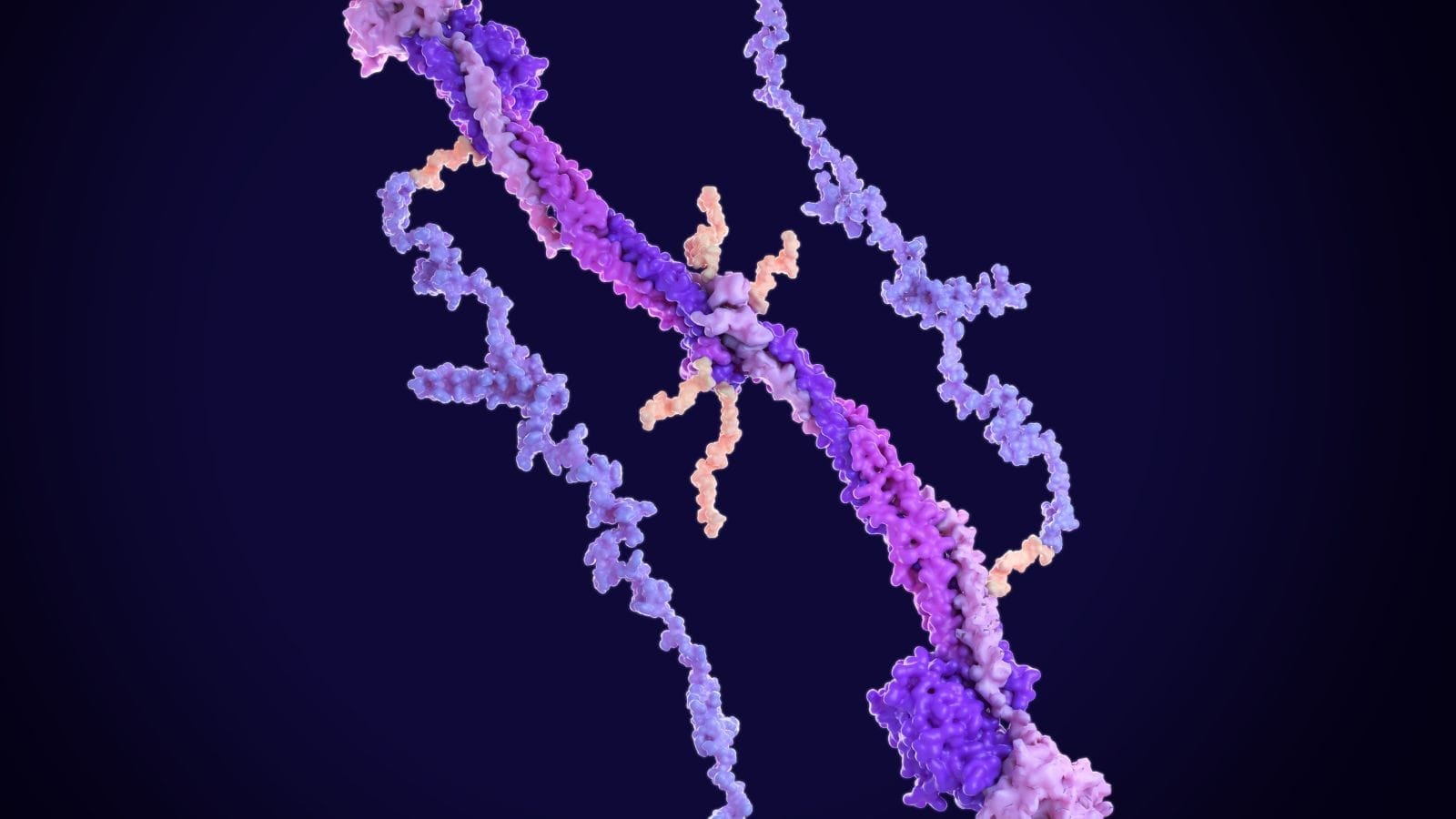In toxic goiter, dietary regulation plays an important role in treatment. Patients should avoid iodine-rich foods such as seafood, seaweed, and iodized salt, as excess iodine may worsen thyroid hormone overproduction.
Cruciferous vegetables like cabbage, broccoli, and cauliflower may be beneficial as they contain goitrogenic substances that reduce thyroid activity. However, they should be consumed in moderation and preferably cooked.
Protein-rich foods such as lean meat, legumes, and dairy products support overall health and metabolism. Balanced nutrition helps maintain energy levels and strengthens the immune system.
Patients with toxic goiter should adopt a low-iodine, balanced diet and consult specialists for individualized nutrition plans. Proper dietary management complements medical treatment and supports thyroid health.
How Do Vegetables Like Cauliflower Affect Patients With Toxic Goiter?
Cauliflower and other vegetables from the cruciferous family can affect thyroid function in patients with toxic goiter due to their glucosinolate content. When these vegetables are consumed raw, damage to plant cells activates the myrosinase enzyme, converting glucosinolates into metabolites such as isothiocyanate and thiocyanate. Some of these metabolites can negatively affect hormone synthesis by inhibiting the thyroid peroxidase enzyme, which plays a critical role in the production of thyroid hormones. Additionally, compounds like thiocyanate can hinder iodine absorption and further disrupt thyroid function.
However, these effects are directly related to the amount, frequency, and preparation method of the vegetables. Consuming cauliflower and similar vegetables boiled or cooked significantly reduces glucosinolate levels. Since some of these compounds pass into the water during cooking, their effects on the thyroid are alleviated. Therefore, consuming cauliflower and similar vegetables cooked and in moderation generally does not cause serious harm to thyroid function.
Epidemiological studies show no significant association between cruciferous vegetable consumption and thyroid diseases, and even indicate that these vegetables may reduce certain risks such as cancer. However, in individuals with existing thyroid disorders (such as toxic goiter), excessive consumption of raw vegetables may pose a risk.
To maintain thyroid health, patients with toxic goiter should adjust their eating habits considering their individual iodine status and overall health.
Why Should Soy Products Be Limited in a Toxic Goiter Diet?
In toxic goiter, the thyroid gland is overactive, making the body’s hormonal balance more sensitive. In this situation, the effects of consumed foods on thyroid function should be carefully evaluated. Isoflavones (genistein and daidzein) found in soy products can inhibit the thyroid peroxidase (TPO) enzyme, which plays a key role in the production of thyroid hormones. This inhibition may disrupt the synthesis of thyroid hormones (T3 and T4) and worsen the course of the disease. This condition becomes more pronounced, especially in individuals with iodine deficiency, and can increase the risk of goiter.
The goitrogenic properties of soy products are also noteworthy. Goitrogens can suppress thyroid function and cause enlargement of the thyroid gland. In addition, soy products can negatively affect the absorption of medications used in the treatment of thyroid disease, especially levothyroxine, from the intestines. This situation may reduce the effectiveness of treatment and require a readjustment of medication doses.
Studies show that high doses of soy isoflavones can increase levels of thyroid stimulating hormone (TSH). While increased TSH levels indicate reduced thyroid function, in some cases T3 levels may also rise. These changes can worsen toxic goiter symptoms.
For these reasons, it is important for patients with toxic goiter to consume soy in moderation. While 25 grams of soy protein per day is generally considered safe, it is recommended that isoflavone intake should not exceed 100 mg.
Are There Certain Beverages Toxic Goiter Patients Should Avoid?
It is important for patients with toxic goiter (hyperthyroidism) to be careful with their beverage choices. Caffeinated beverages can worsen symptoms such as palpitations, anxiety, and insomnia in this patient group. Coffee, tea, energy drinks, and some sodas contain caffeine; therefore, consumption of such beverages should be limited or completely discontinued. Since caffeine has a stimulating effect on the central nervous system, it can cause existing symptoms to worsen.
Alcoholic beverages have a complex effect on thyroid functions. Alcohol can negatively affect the metabolism of thyroid hormones and increase hyperthyroidism symptoms. In addition, it can reduce the effectiveness of thyroid medications, making the treatment process more difficult. Therefore, it is recommended that toxic goiter patients minimize or even completely stop alcohol consumption.
Sugary drinks are another group that should be considered. Although these drinks do not directly affect thyroid hormone production, they can make weight control more difficult and cause metabolic problems. In particular, increased appetite frequently seen in hyperthyroidism can combine with excessive consumption of sugary drinks and lead to unwanted weight gain or fluctuations.
Caffeine-free and sugar-free herbal teas can be considered a safe alternative. For example, chamomile and mint teas are generally considered safe, while some herbal teas such as lemon balm tea may help alleviate hyperthyroidism symptoms. However, even with herbal teas, it is necessary to consult a healthcare professional before use.
Which Foods Are Beneficial for Patients With Toxic Goiter?
Developing healthy eating habits is an important step in supporting the treatment process for patients with toxic goiter. During this process, some foods can contribute positively by protecting thyroid health and alleviating hyperthyroidism symptoms.
Selenium is necessary for the proper functioning of enzymes that activate thyroid hormones. As a powerful antioxidant, selenium can also reduce inflammation in the thyroid gland. Brazil nuts, tuna, and eggs are rich in selenium. Zinc is also critical for thyroid hormone metabolism and the production of thyroid stimulating hormones. Including zinc sources such as pumpkin seeds, red meat, and seafood in the diet can help support normal thyroid function.
Oxidative stress is a major concern in conditions like toxic goiter. Antioxidants such as vitamins C and E protect thyroid cells by reducing the effects of free radicals. Consumption of foods such as citrus fruits, leafy green vegetables, and almonds is recommended. Omega-3 fatty acids are also beneficial due to their anti-inflammatory effects. Foods such as salmon, walnuts, and flaxseed are valuable in this regard.
Iron is necessary for the production of thyroid hormones, but its intake must be under medical supervision. On the other hand, iodine should be carefully controlled; excessive intake can worsen hyperthyroidism. Therefore, it is important to consult a healthcare professional regarding iodine intake.
How Can Patients With Toxic Goiter Plan a Balanced Diet?
The dietary pattern of patients with toxic goiter should be carefully planned to control symptoms of the disease and support overall health. The first step in this process is to avoid excessive iodine intake. Foods high in iodine, such as iodized salt, seaweed, and certain seafood, should be limited as they can worsen hyperthyroidism. In addition, cruciferous vegetables such as broccoli and cauliflower should be consumed with caution because they contain goitrogens; these vegetables are recommended to be consumed cooked and in moderation.
Soy products should be restricted as they may interfere with the production and absorption of thyroid hormones. Since hyperthyroidism can lead to decreased bone density, foods rich in calcium and vitamin D are important. Dairy products, leafy green vegetables, and vitamin D-fortified foods are beneficial in maintaining bone health.
Foods containing selenium, which contribute to thyroid health, should be included in the nutrition plan. Brazil nuts, mushrooms, and sunflower seeds are rich in selenium. Likewise, reducing or completely eliminating caffeine and alcohol consumption is recommended because these substances can exacerbate hyperthyroidism symptoms.
To create a balanced diet, essential food groups such as fruits, vegetables, whole grains, and lean proteins should be included.

Interventional Radiology and Neuroradiology Speaclist Prof. Dr. Özgür Kılıçkesmez graduated from Cerrahpaşa Medical Faculty in 1997. He completed his specialization at Istanbul Education and Research Hospital. He received training in interventional radiology and oncology in London. He founded the interventional radiology department at Istanbul Çam and Sakura City Hospital and became a professor in 2020. He holds many international awards and certificates, has over 150 scientific publications, and has been cited more than 1500 times. He is currently working at Medicana Ataköy Hospital.









Vaka Örnekleri